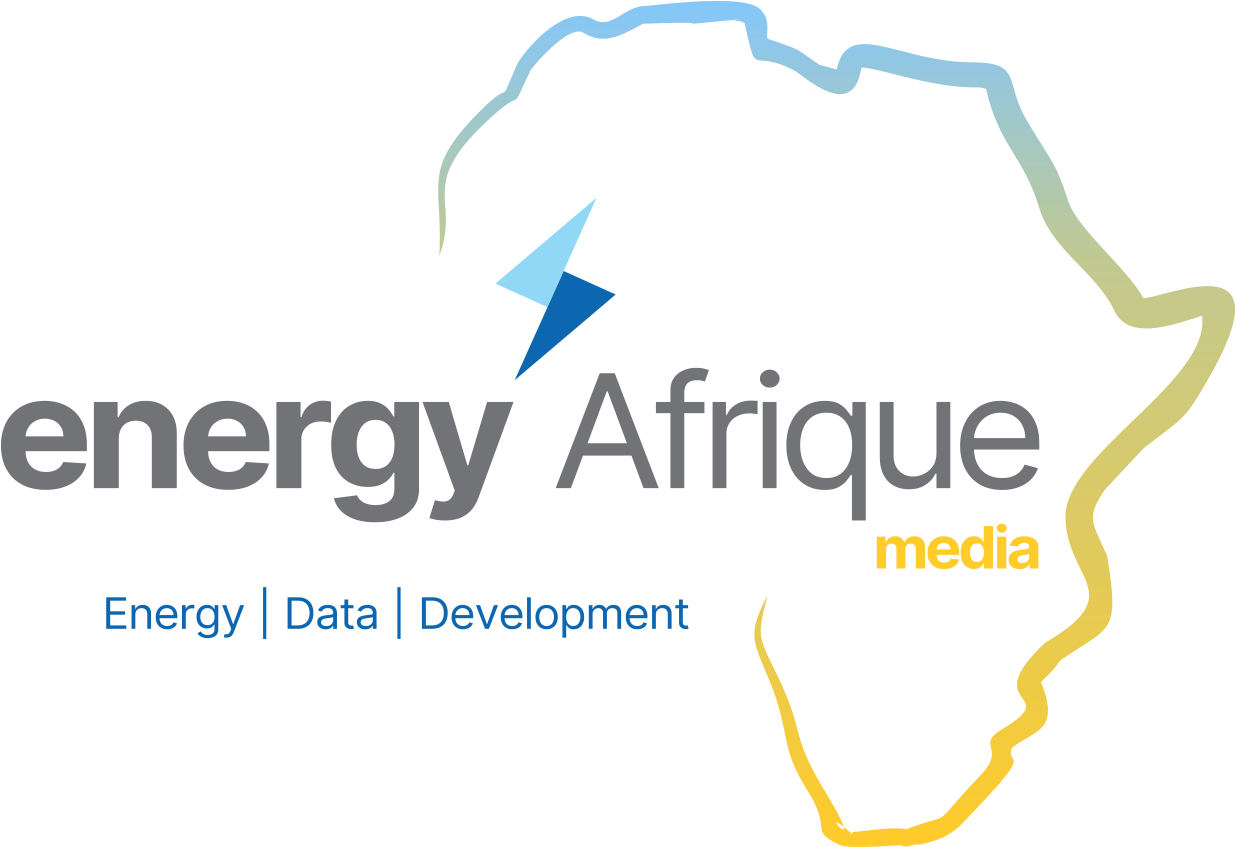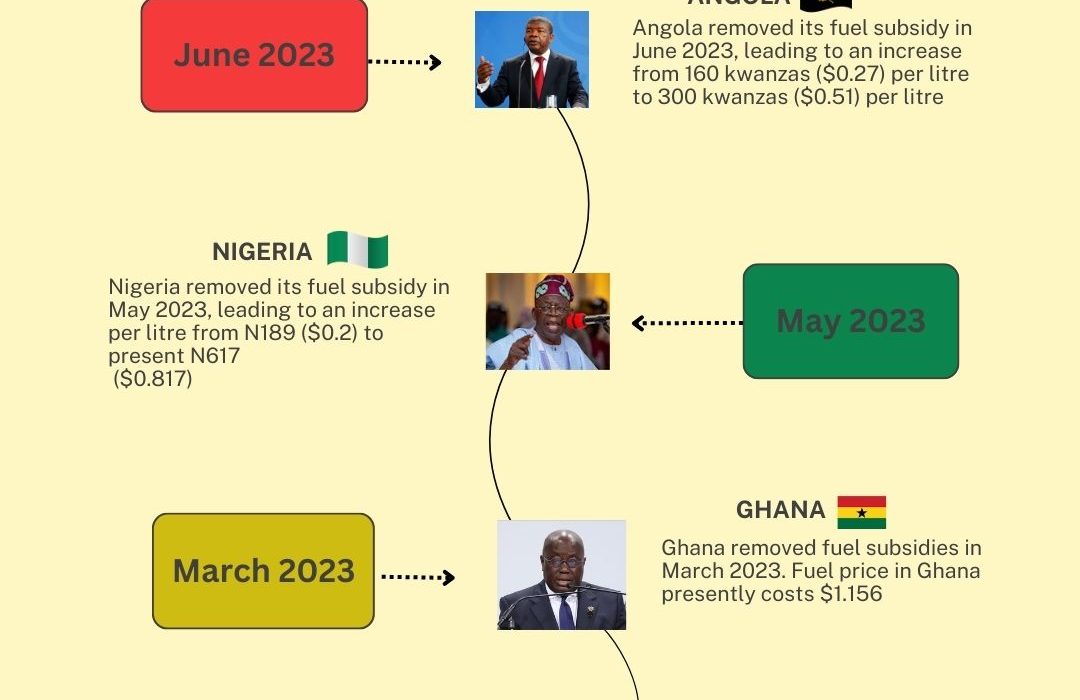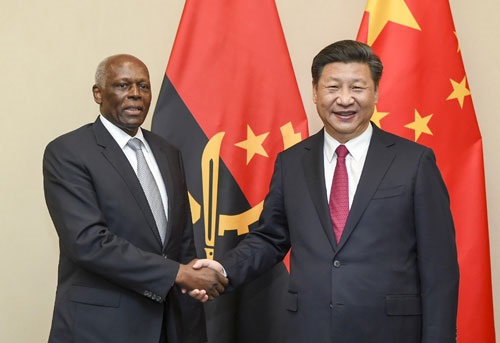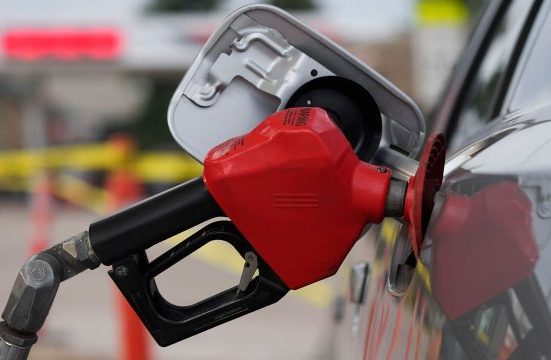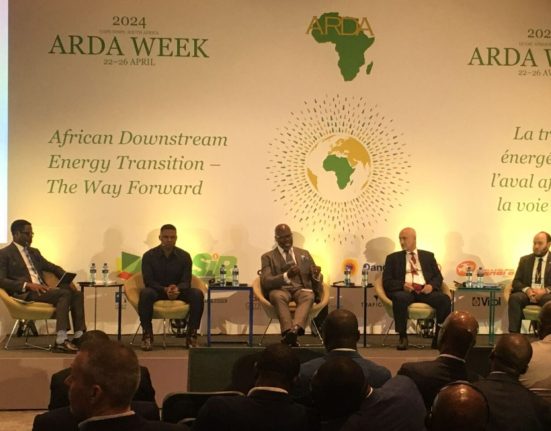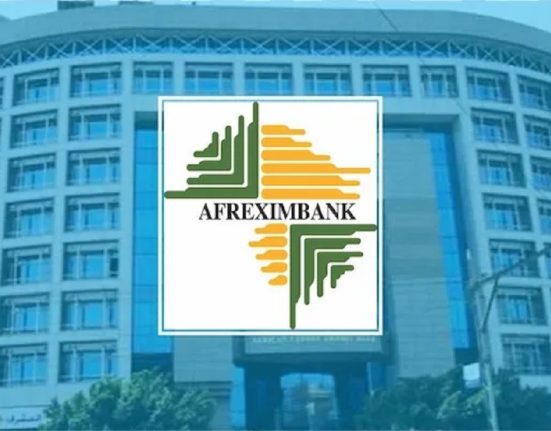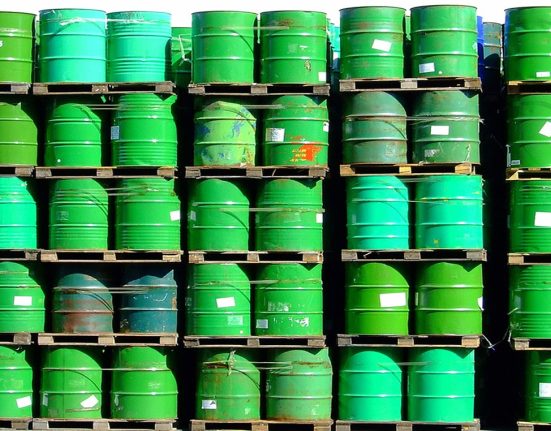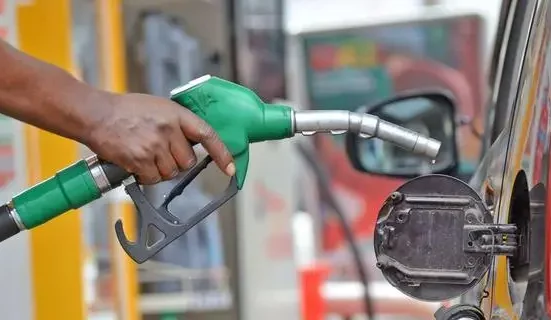Angola is the latest African country to remove the fuel subsidy. It made the decision to remove the subsidy in June 2023, marking a significant shift in its domestic fuel pricing. The change immediately led to a substantial increase in the price of petrol, soaring from the previous 160 kwanzas (approximately $0.27) per litre to 300 kwanzas (about $0.51) per litre, according to Business Insider Africa.
In September 2022, Angola’s oil price ranked as the 6th cheapest globally at just $0.362 per litre. The transition came at a time when Angola stands as Africa’s top crude oil producer, with an average daily production of 1.06 million barrels in April.
Nigeria – May 2023
Nigeria removed its fuel subsidy in May 2023. Nigeria’s state oil firm NNPC Ltd hiked petrol prices to as high as 557 naira ($1.21) per litre from 189 naira, days after new President Bola Tinubu said fuel subsidies would be removed. The price later jumped to its present N617 per litre.
It’s ranked 22nd most affordable globally. Among the top five oil-producing African nations for August 2023, Nigeria claims the second position with a daily oil production of 1.1 million barrels per day (mbpd).
NNPC Limited reported that in 2022, Nigeria allocated a staggering N4.39 trillion ($9.7 billion) to the petrol subsidy.
Ghana – March 2023
Ghana scrapped its fuel subsidy in March 2023. Ghana National Petroleum Authority (NPA) took steps to maintain stability within the country’s downstream sector.
This marked the first occurrence of such measures being introduced in the past three decades. Fuel price in Ghana presently costs $1.156.
Kenya – September, 2022
Kenya halted its subsidy in September 2022. Upon assuming office, President William Ruto removed the subsidy but resumed part of the subsidy in August 2023 to stabilise retail fuel prices for the next 30 days He took the decision after anti-government protests as a result of increased living costs.
It was announced that the maximum retail price of a litre of petrol will remain steady at 194.68 shillings ($1.35). Currently, fuel prices in Kenya surpassed the KSh 200 ($1.36) mark and could increase by $0.07 monthly until February 2024.
